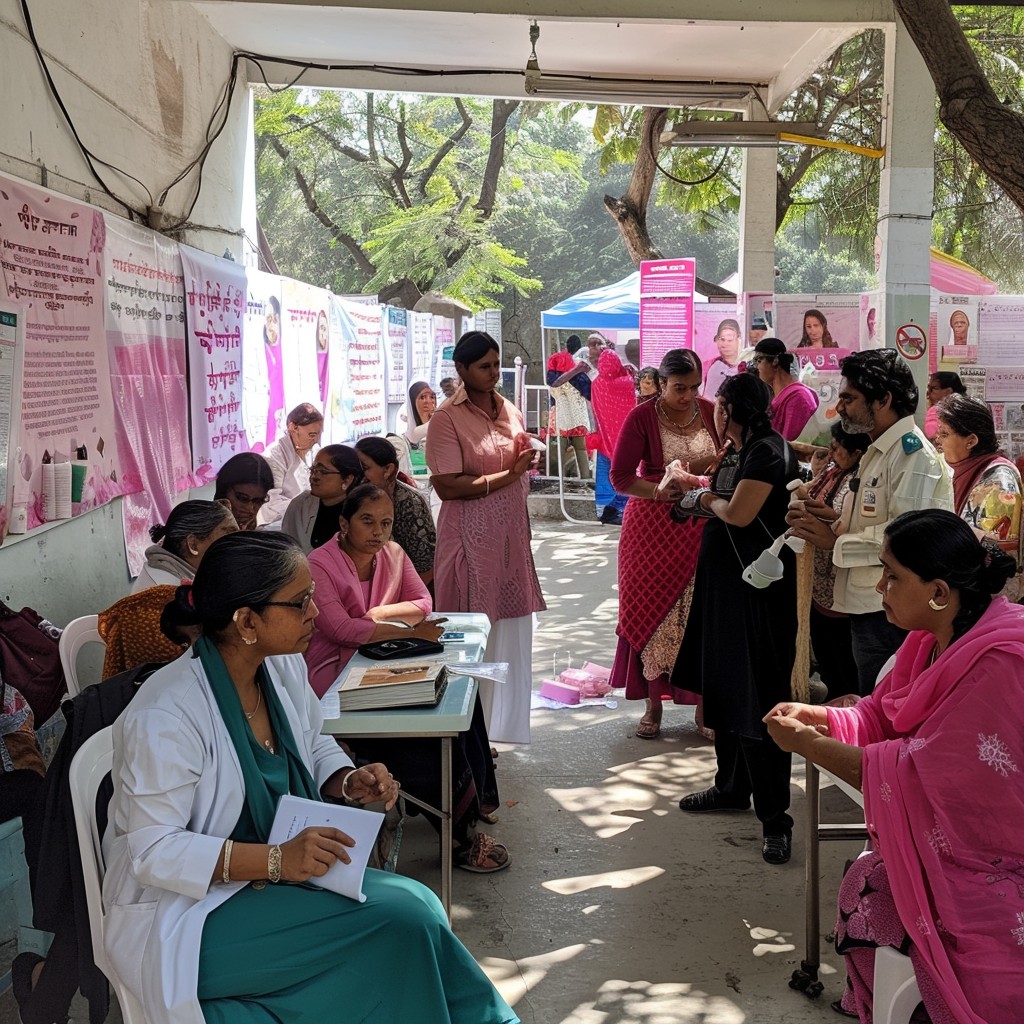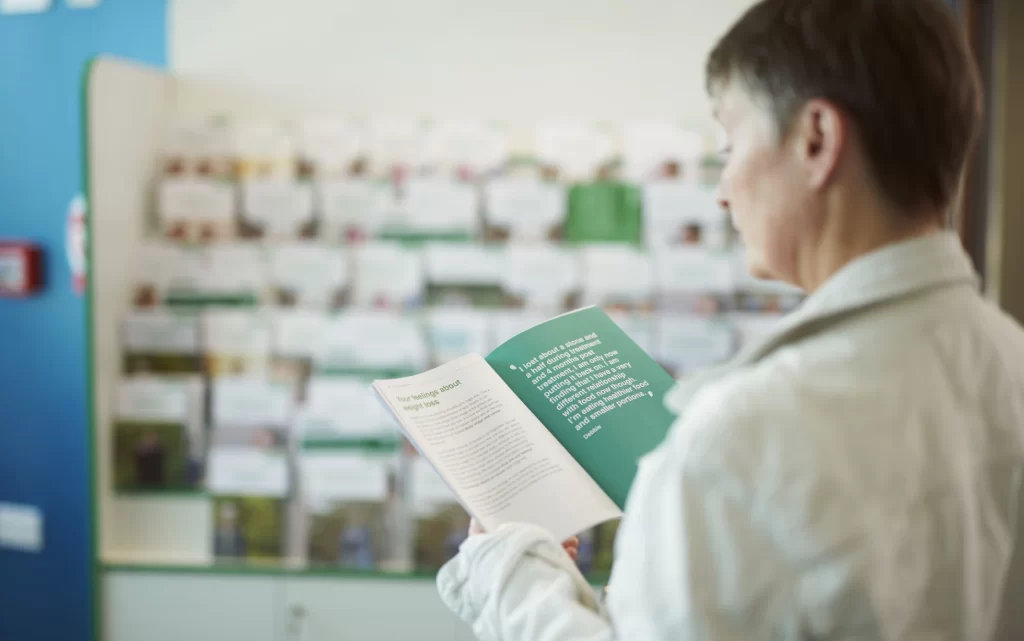
Navigating the journey of cancer can be a profoundly challenging experience, filled with uncertainty, fear, and hope. For many patients, connecting with survivors who have walked a similar path offers invaluable insights, encouragement, and a sense of community. This blog explores the importance of communication between cancer patients and survivors, providing tips on how to foster meaningful connections and support each other through shared experiences.
The Power of Shared Stories
Survivors of cancer bring a wealth of experience and knowledge that can be immensely comforting to those currently undergoing treatment. Hearing from someone who has faced and overcome similar challenges can offer a unique perspective and a source of hope. These shared stories can help:
- *Normalize Feelings*: It’s common for cancer patients to experience a range of emotions, from fear and anxiety to frustration and sadness. Hearing from survivors who have felt the same way can help normalize these feelings and reduce the sense of isolation.
- *Provide Practical Advice*: Survivors can offer practical advice on managing side effects, navigating the healthcare system, and coping with the emotional aspects of the journey. Their firsthand experience can be incredibly valuable.
- *Inspire Hope and Resilience*: Knowing that someone else has come through a similar struggle can inspire hope and resilience. It can remind patients that, despite the challenges, there is a possibility of recovery and a return to a fulfilling life.
Tips for Meaningful Communication
1. *Be Open and Honest*: Whether you are a patient or a survivor, open and honest communication is key. Share your thoughts, feelings, and experiences candidly. This openness can create a deeper connection and foster mutual understanding.
2. *Listen Actively*: Listening is just as important as sharing. For survivors, this means listening to the concerns and fears of current patients without minimizing their experiences. For patients, it means hearing the advice and stories of survivors with an open mind.
3. *Respect Boundaries*: Everyone’s journey with cancer is unique, and so are their comfort levels with discussing certain topics. It’s important to respect each other’s boundaries and avoid pushing for more information than someone is willing to share.
4. *Share Resources*: Survivors can often provide valuable resources, such as recommendations for supportive care services, information on managing specific symptoms, or tips on maintaining mental health during treatment.
5. *Offer Encouragement, Not Comparisons*: While sharing similar experiences can be comforting, it’s important not to compare journeys in a way that might feel dismissive or competitive. Focus on offering encouragement and understanding, rather than comparing symptoms or treatment outcomes.
Finding the Right Support
- *Support Groups*: Many organizations and hospitals offer support groups that bring together patients and survivors. These groups provide a safe space to share experiences and offer mutual support.
- *Online Communities*: Online forums and social media groups can also be valuable for connecting with others. These platforms allow for sharing experiences and advice, often with a broader and more diverse group of people.
- *One-on-One Connections*: Sometimes, one-on-one connections can be more impactful. Organizations like the American Cancer Society’s Cancer Survivors Network or other local groups can help match patients with survivor mentors for more personalized support.




abc………………..
Testing